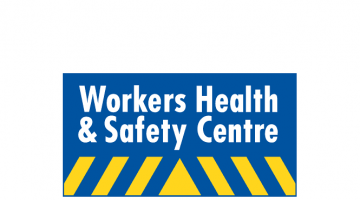Mental health in the workplace
Workplaces play a dual role in the area of mental health. On the one hand, they can be a stressful environment that contributes to mental health problems among workers. On the other hand, they can play an important part in helping to detect and manage mental health problems when they arise among workers, and in ensuring the healthy recovery and return of workers who are off work due to a mental health issue. IWH research in this area helps paint a clearer picture of the prevalence of mental health problems among workers, the types of labour force and workplace factors that may contribute to poor mental health, and the workplace-based and system prevention efforts that can help improve the mental health of workers and ensure they have the proper supports when needed.
Featured

What is the impact of depression on years of employment among working-age adults?

Police service members face challenges with accommodation, communication and trust when returning to work after an injury
Reciprocal associations between depression, anxiety and work-related injury
Age differences in return-to-work following injury: understanding the role of age dimensions across longitudinal follow-up
Does it matter what workers’ reasons are for disclosing or not disclosing a disability at work? Why and how?
More than just COVID-19 prevention: Exploring the links between PPE, safe work protocols and workers' mental health

Adequacy of COVID infection control and PPE linked to workers’ mental health: study

Depressive symptoms in people with arthritis linked to lower employment rates

Depression and work among adults with arthritis

COVID precautions protect workers' physical and mental health, study

Health-care workers lacking PPE suffer from more anxiety and depression
